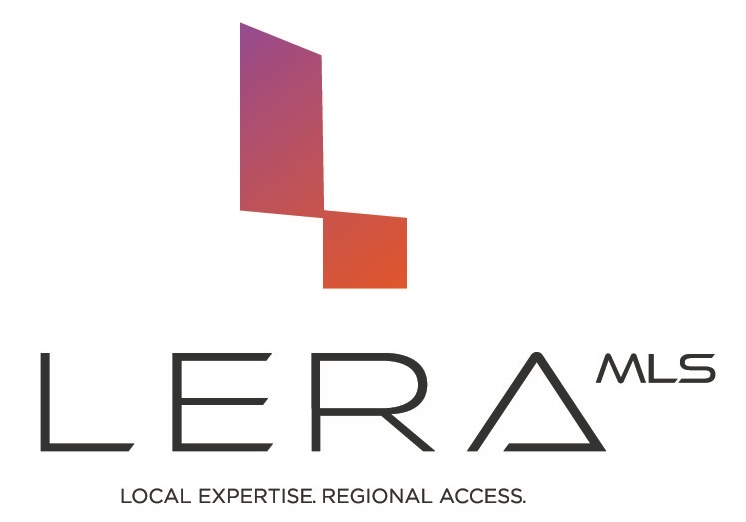Ethics of Mediation and Advocacy
Ethical practices in mediation and advocacy are vital to the success of the mediation process. Although the mediator does not make any final decisions, his or her participation can heavily influence the way disputing parties view the conflict and each other. As a result, mediation practice standards and ethics are essential to the effectiveness and fairness of this process.
The American Bar Association (ABA), Association for Conflict Resolution (ACR), and the American Arbitration Association (AAA) have defined a "Model Standards of Practice for Mediators" that can be generally applicable to all types of mediation. Additionally, mediators hired through mediation services are also expected to follow the company's own set of mediation standards.
While this model of standards improves the overall mediation practice, different types and styles of mediation help ensure the most appropriate and suitable results for different types of disputes.




